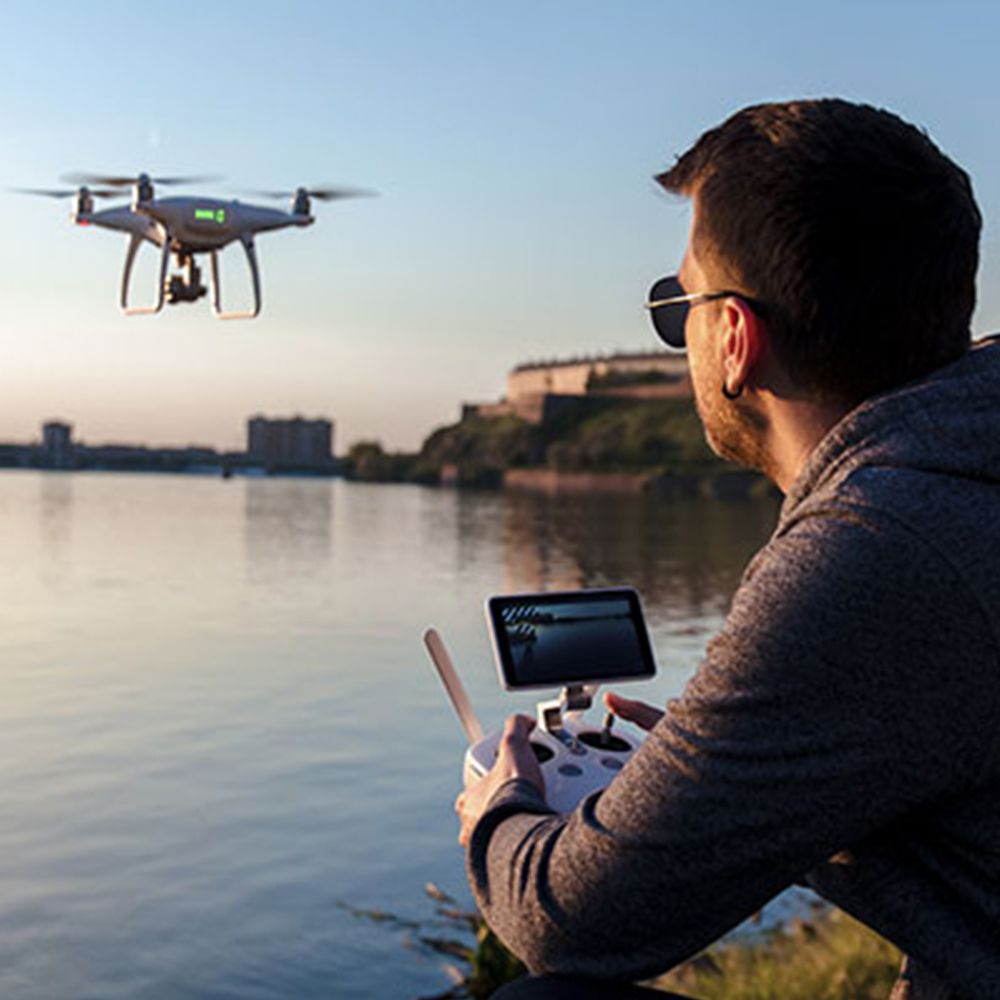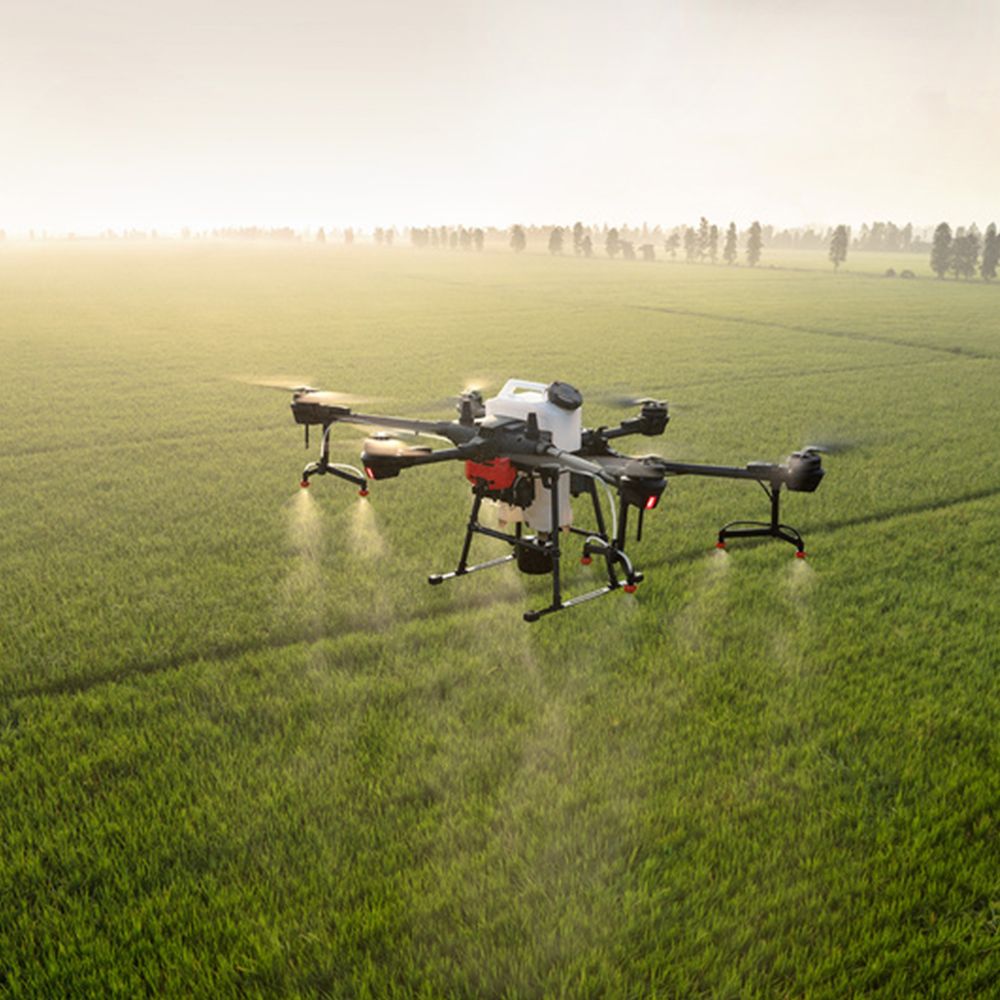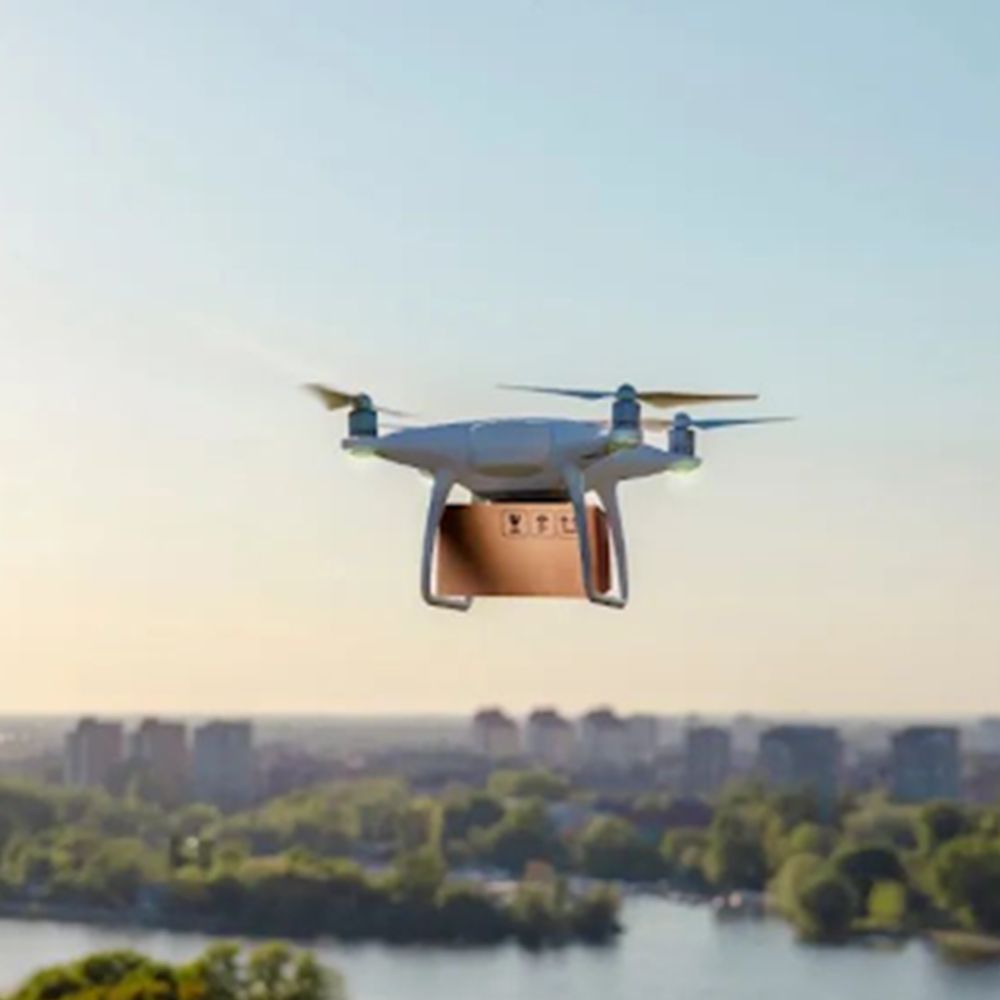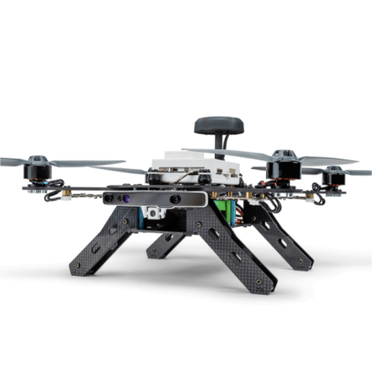In recent years, the agricultural industry has seen a significant technological transformation, with the adoption of drones becoming a game-changer for farmers worldwide. Drones are not only enhancing the efficiency of agricultural practices but also promoting sustainable farming methods. This blog explores the benefits of using drones for automatic pesticide and fertilizer spraying in farms.
Cost Savings
One of the most compelling advantages of using drones for spraying is the potential for cost savings. Traditional methods of pesticide and fertilizer application often require significant labor, equipment, and fuel costs. Drones, on the other hand, can cover large areas quickly and efficiently, reducing the amount of time and manpower needed for these tasks. This automation can lead to substantial reductions in operational costs, allowing farmers to allocate resources more effectively.
Environmental Impact Reduction
Drones also play a crucial role in minimizing the environmental impact of agricultural practices. Conventional spraying methods can lead to pesticide drift, where chemicals are carried by the wind to non-target areas, harming beneficial insects and contaminating water sources. Drones are designed to spray pesticides and fertilizers with precision, ensuring that chemicals are applied directly to the crops where they are needed. This targeted approach reduces the volume of chemicals used and lowers the risk of environmental contamination, making farming practices more sustainable.
Increased Efficiency and Productivity
Efficiency is a key factor in modern agriculture, and drones significantly enhance this aspect. With the ability to fly at low altitudes and apply treatments evenly across crops, drones ensure a uniform application, which can lead to improved crop health and yields. Moreover, the rapid data collection capabilities of drones allow farmers to monitor crop conditions in real-time. This data enables informed decision-making regarding the timing and quantity of pesticide and fertilizer applications, ultimately leading to better resource management and increased productivity.
Precision Agriculture
Drones are a vital component of precision agriculture, a farming approach that uses technology to monitor and manage field variability. By employing drones equipped with advanced sensors, farmers can gather detailed information about soil health, crop conditions, and pest infestations. This data-driven approach allows for more precise and timely applications of pesticides and fertilizers, optimizing the use of these inputs while minimizing waste.
Conclusion
The integration of drones in agricultural practices, particularly for automatic pesticide and fertilizer spraying, presents numerous benefits. From significant cost savings and reduced environmental impact to increased efficiency and precision, drones are revolutionizing the way farmers manage their crops. As technology continues to advance, the potential for drones in agriculture will only grow, paving the way for more sustainable and productive farming practices.
Embracing drone technology could be the key to a more efficient and eco-friendly future in agriculture, ensuring that farmers can meet the challenges of feeding a growing global population while protecting our planet.






